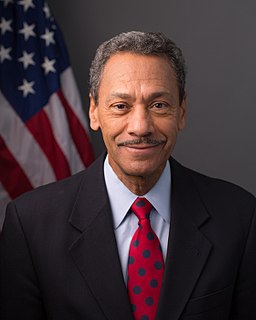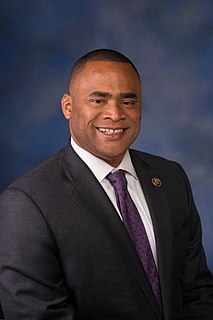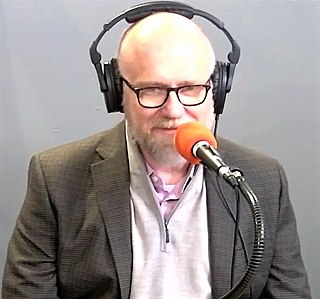A Quote by Coretta Scott King
Mr. Sessions' conduct as a U.S. Attorney, from his politically-motivated voting fraud prosecutions to his indifference toward criminal violations of civil rights laws, indicated that he lacks the temperament, fairness and judgment to be a federal judge.
Related Quotes
When the civil rights community raised a lot of concerns around the nomination of Mr. Sessions, Senator Sessions, one of the things was that he`s on record of saying things intrusive, like voting rights,that he doesn`t believe the federal government should interfere with local policing, almost like states` rights kind of rhetoric.
Civil rights leaders, including my husband and Albert Turner, have fought long and hard to achieve free and unfettered access to the ballot box. Mr. Sessions has used the awesome power of his office to chill the free exercise of the vote by black citizens in the district he now seeks to serve as a federal judge.
The resignation of Attorney General Eric Holder is met with both pride and disappointment by the Civil Rights community. We are proud that he has been the best Attorney General on Civil Rights in U.S. history and disappointed because he leaves at a critical time when we need his continued diligence most.
[Before the Civil Rights Act of 1964], many governments in southern states forced people to segregate by race. Civil rights advocates fought to repeal these state laws, but failed. So they appealed to the federal government, which responded with the Civil Rights Act of 1964. But this federal law didn't simply repeal state laws compelling segregation. It also prohibited voluntary segregation. What had been mandatory became forbidden. Neither before nor after the Civil Rights Act were people free to make their own decisions about who they associated with.
That in all capital or criminal prosecutions a man bath a right to demand the cause and nature of his accusation, to be confronted with the accusers and witnesses, to call for evidence in his favor, and to a speedy trial by an impartial jury of twelve men of his vicinage, without whose unanimous consent he cannot be found guilty; nor can he be compelled to give evidence against himself; that no man be deprived of his liberty, except by the law of the land or the judgment of his peers.
What becomes decisive to a Justice's functioning on the Court in the large area within which his individuality moves is his general attitude toward law, the habits of the mind that he has formed or is capable of unforming, his capacity for detachment, his temperament or training for putting his passion behind his judgment instead of in front of it. The attitudes and qualities which I am groping to characterize are ingredients of what compendiously might be called dominating humility.
When you expand the civil-rights struggle to the level of human rights, you can then take the case of the black man in this country before the nations in the UN. You can take it before the General Assembly. You can take Uncle Sam before a world court. But the only level you can do it on is the level of human rights. Civil rights keeps you under his restrictions, under his jurisdiction. Civil rights keeps you in his pocket.
If Barack Obama believes there are no victims in U.S, then I assume he'll shut down all the civil rights offices throughout the federal government, starting with the Civil Rights Division of the Department of Justice. If there are no victims, all affirmative action laws will immediately be repealed. Same thing for equity in pay.
Under the antitrust laws, a man becomes a criminal from the moment he goes into business, no matter what he does. If he complies with one of these laws, he faces criminal prosecution under several others. For instance, if he charges prices which some bureaucrats judge as too high, he can be prosecuted for monopoly or for a successful 'intent to monopolize'; if he charges prices lower than those of his competitors, he can be prosecuted for 'unfair competition' or 'restraint of trade'; and if he charges the same prices as his competitors, he can be prosecuted for 'collusion' or 'conspiracy.'



































